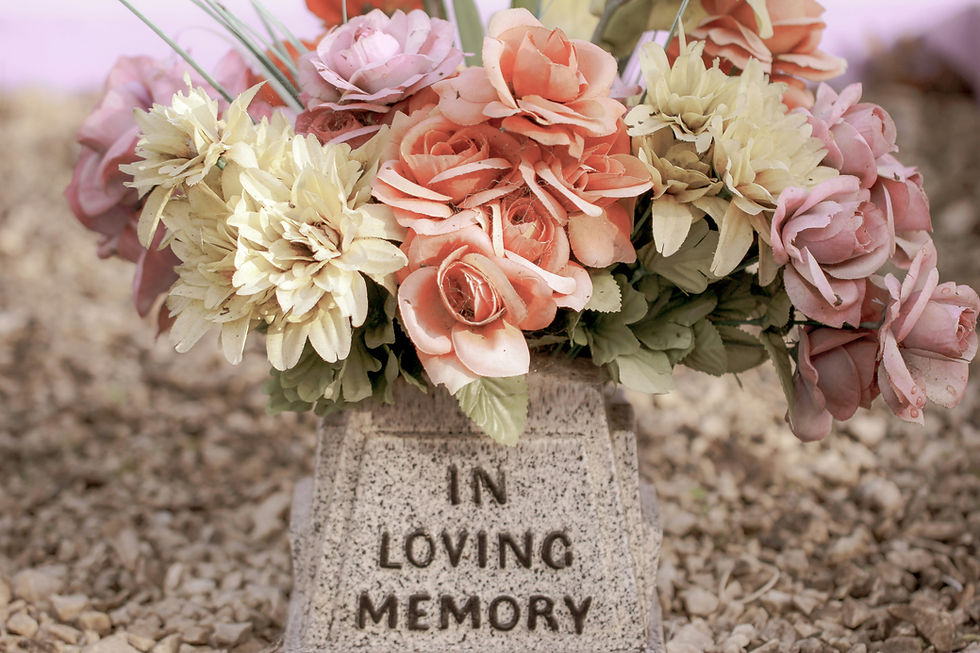UM Pastor Loses Pulpit for Views on Hell
- Matt O'Reilly

- Mar 24, 2011
- 2 min read

The Associated Press is reporting that United Methodist pastor and Duke Divinity School student Chad Holtz was removed from his appointment to Marrow’s Chapel in Henderson, NC, for statements which include support for Rob Bell’s controversial new book Love Wins. Holtz went on record saying: “I think justice comes and judgment will happen, but I don’t think that means an eternity of torment. But I can understand why people in my church aren’t ready to leave that behind. It’s something I’m still grappling with myself.”
The article says that Gray Southern, Holtz’s District Superintendent, declined to comment in detail on the matter but suggested there was more at issue that Holtz’s views on Hell. Holtz indicated that his support of Bell’s book was probably the last straw in a series of controversial statements.
Honestly, I’m a bit surprised that a UM pastor was actually removed from appointment for apparently not believing in an eternal Hell. Methodists are not known for leveling heavy consequences on doctrinal issues.
What I do want to raise is the serious issue of protecting the prophetic voice and role of the pastor. Pastors have a challenging role to teach and preach what they believe to be faithful to scripture even when others disagree. How do we ensure that pastors are protected to speak faithfully and in accord with their conscience?
As a student pastor, it is unclear to me whether Holtz had the same protections that an ordained elder would have, which include the requirement of official charges, due process, and ultimately a church trial. Perhaps someone could help me out on that. How does the Book of Discipline address complaints and disciplinary procedures for local pastors? Are the procedures different from that of elders?
The United Methodist Confession of Faith does affirm belief in “the resurrection of the dead; the righteous to life eternal and the wicked to endless condemnation” (2008 Book of Discipline, par. 103, Article XII). Is it clear that Holtz’s position is inconsistent with that? Is it fair for him to be removed without some sort of extended investigation by the District Committee on Ministry? Maybe there was. The article doesn’t say.
I’m raising questions at this point, and I’m curious to get some feedback from my fellow UM clergy. How does this strike you? Is it being handled properly? Do we need to hold off on too much comment because we don’t have all the information? Are you unsettled by this story? Or did you have some other reaction? I’m interested in hearing some different perspectives.
I feel saddened for Holtz. This guy was a student pastor. This is a role that should provide some experience and opportunity for learning. I would hate for his ministry to be ruined because the issue might have been mishandled. Maybe it wasn’t. I don’t know with certainty. What do you think?
______________
Image Source: Associated Press






Comments